Our History
In 2012, the National Task Force on Civic Learning and Democratic Engagement, in A Crucible Moment, called on the U.S. to reclaim higher education’s civic mission, encouraging them to make civic learning and engagement more pervasive on their campuses. Since then, colleges and universities have made great strides toward making civic learning and democratic engagement more pervasive on their campuses. They had, when ALL IN was established in 2016, succeeded in increasing the number of students who volunteer in their communities; they had increased the number of service-learning courses offered; they had taken community-based research into account for promotion and tenure; and many now had offices or centers that support this work.
When the ALL IN Campus Democracy Challenge was established in 2016, one area that still lacked focus was democratic engagement and, especially, nonpartisan college student voter registration, education, and participation. The free National Study of Learning, Voting and Engagement (NSLVE) was launched in 2013. NSLVE is a service to colleges and universities interested in learning their students’ aggregate voter registration and turnout rates in national elections since 2012. NSLVE is also a significant database for research providing data for federal elections in 2012, 2014, 2016, 2018, and 2020.
In the 2012 presidential election, just 39% of young adults ages 18–29 and 47% of college students voted. For the 2014 midterm election, those numbers dropped to 20% and 19%, respectively.
Early NSLVE data indicate that In the 2012 presidential election, only 39% of young adults ages 18–29 and 47% of college students voted. For the 2014 midterm election, those numbers dropped to 20% and 19%, respectively. Based on data collected since the early 1970s, presidential election voting rates have not changed dramatically, but midterm election voting rates had been steadily decreasing for these groups. In fact, young adults were the least represented population in national elections.
We wanted young adults to be democratically engaged and to participate in elections in larger numbers. To make this happen, we asked ourselves two questions, first, where are there large numbers of young adults? And second, who can help us make change happen?
The answer to both of these questions was: colleges and universities.
Through a coordinated effort to create environments that value civic learning, engage students in thoughtful ways, and remove barriers to participation, colleges and universities can graduate students with the knowledge, skills, behaviors, and values needed for responsible and informed engagement in our democracy. With the large numbers of students enrolled in our nation’s colleges and universities, a coordinated effort by higher education can make a significant impact on instilling the importance of democratic participation and, ultimately, accelerate long-term change for an improved democracy.
Graduating Students into Voters
To learn how best to encourage colleges and universities to do more to increase nonpartisan democratic engagement (civic learning, political engagement, and voter participation), we worked with the nonprofit behavioral design lab ideas42 and spent several months developing and vetting a concept that would incentivize and recognize colleges and universities for their work in this area. The program was intentionally designed to encourage on-campus collaboration, increase the use of data in planning, and to help graduate college students into voters.
In 2016, the ALL IN Campus Democracy Challenge became a part of the nonprofit organization Civic Nation and its first staff members were hired. In the summer of 2016 the initiative was soft launched at the 2016 Civic Learning & Democratic Engagement Meeting in Indianapolis, IN, organized by the American Democracy Project, The Democracy Commitment, and NASPA-Student Affairs Administrators in Higher Education, and in July it was officially launched with 73 initial colleges and universities participating. In its inaugural year, more than 200 campuses joined ALL IN.
Since ALL IN’s launch in 2016, it has grown to support more than 1,000 colleges and universities and nearly 10 million college students across all 50 states and the District of Columbia. In 2019, ALL IN partnered with Higher Ed Insight to outline our Theory of Change.
ALL IN’s theory of change posits that the structure (program design and accountability), support (consultation, training, resources, and networking), and recognition (awards and accolades) that the ALL IN team provides to colleges and universities assists participating campuses to take a series of actions that help advance cultures of democratic engagement. The theory of change suggests that these actions result in higher education playing a significant role in fostering more engaged and inclusive democracy in the U.S.
To understand the ways in which ALL IN could differentiate itself within the nonpartisan student voting space and best support colleges and universities with institutionalizing nonpartisan democratic engagement, the ALL IN program went through a thorough external analysis with Higher Ed Insight (HEI). This work resulted in a member survey, now referred to as the Post-Election Survey. Data from the 2019 survey can be accessed here.
Coupled with ALL IN’s theory of change, HEI supported the ALL IN program with developing a self assessment metric, now known as the ALL IN Post-Election Survey. Data from the 2019 survey can be accessed here. The self-assessment instrument is designed to get a sense of campus progress in institutionalizing nonpartisan democratic engagement by way of ALL IN program metrics. The instrument emphasizes that campuses are asked to rate what they have actually accomplished rather than what they are planning to do. The Post-Election Survey is administered every two years following midterm and general elections and campus respondents are asked to rate themselves in eight areas based on which of four statements best represented their described their campus. Lower rankings indicate lower stages of development in that area. Year over year, campuses continue to stress that ALL IN has an impact on their work and that our structure is the most important aspect that attributes to their success.
Additionally, ALL IN does comparative analysis of reported college student voting rates provided by the National Study of Learning, Voting and Engagement (NSLVE) to determine whether or not campuses engaging with the ALL IN program are increasing voter registration and turnout rates during midterm and general election years. For the 2018 and 2020 elections with average rates of engaged ALL IN campuses, we determined that ALL IN-participation was associated with a mean turnout 2.2 percentage points higher than non-participating campuses in 2018 and that this trend persisted through the 2020 election.
A comparison of the voter turnout and voter registration rates of institutions participating in ALL IN to the overall college rates shows that partnering with ALL IN makes a tangible impact on a campus’s voting and voter registration rates. In fact, ALL IN’s Impact Report indicates:
- In 2018, campuses participating in ALL IN outperformed nonparticipating campuses by an average of 2.2 percentage points based on an external analysis of the election results.
- In 2020, campuses participating in ALL IN outperformed the national college student voting average of 66% by an average of 2.2 percentage points, a 16.2 point increase over 2016.
These differences in voting and registration rates demonstrate a clear, measurable impact of participation in the ALL IN program. On top of campuses that work with ALL IN generally, campuses that participate in State or City Voting Challenges or Athletic Conference Voting Challenges have the added benefit of operating as a community of practice, receiving customized support and resources, and garnering even better results. This community of practice model is already producing exciting results. In fact, campuses participating in an ALL IN organized community of practice cohort are outpacing other ALL IN campuses. Specifically, the ALL IN Impact Report (2022a) shows:
- ALL IN campuses participating in one of our State or City Campus Voting Challenges outperformed the national average by a full three percentage points.
- ALL IN campuses participating in one of our Athletic Conference Voting Challenges outperformed the national average by a full five percentage points.
- Campuses participating in a State, City, or Athletic Conference Voting Challenge are more likely to submit an action plan and submit a National Study of Learning, Voting, and Engagement (NSLVE) report to ALL IN showing deeper levels of program engagement from campuses in these cohorts.
- Additionally, early data indicate the promise of our HBCU community of practice, as participating campuses had higher than average levels of voter registration in 2020 (see more below).
This model continues to suggest that participation in these types of cohorts results in higher engagement, registration, and turnout rates.
Through our comparison of average voter registration and turnout rate comparisons of campuses participating in both NSLVE and the ALL IN program and those that are participating in NSLVE but not ALL IN, we determined that ALL IN participating HBCUs outperformed the national average by 2.4 percentage points; ALL IN participating community colleges outperformed the national average by 3.5 percentage points, and ALL IN participating Hispanic Serving Institutions (HSIs) outperformed the national average by 7 percentage points. ALL IN seeks to engage more institutions of these respective types to increase their voter registration and turnout rates in 2022 and beyond, through participation in the ALL IN program and in-depth support through our communities of practice program.
The ALL IN team continues to expand our communities of practice model to support more campuses by way of adding additional cohorts for HSIs and community colleges in hopes of increasing student voter registration and turnout rates in elections to come. As part of our research and program efforts, one of ALL IN’s focuses is on recruiting and supporting new MSIs (especially HBCUs and HSIs) and community colleges as these campuses are generally the most under-resourced campuses.
Lastly, ALL IN has compared the average voter registration and turnout rates from the 500+ 2020 NSLVE reports that campuses provided directly to ALL IN as of January 2022 and compared them to published campus rates in Democracy Counts 2020: Record-breaking Student Turnout and Resiliency. Based on these comparisons, campuses actively engaged in ALL IN:
- had a voting rate of 68.2%, 2.2 percentage points higher than the average campus voting rate for the 1,200 campuses participating in NSLVE;
- had a registration rate of 83.8%, 0.8 points higher than the NSLVE average of 83.0%;
- that participate in an Athletic Conference Voting Challenge had an average voter turnout rate of 71.1% compared to 66% for all NSLVE campuses, a 5.1 point difference; and
- that participate in a State or City Voting Challenge campuses had an average voter turnout rate of 69% compared to 66% for all NSLVE campuses, a 3 point difference.
Overall, more engaged and committed campuses in the ALL IN program are seeing greater increases in student voting. Analysis related to campus voter registration and turnout will persist once 2022 NSLVE and 2024 NSLVE reports are distributed to campuses in late-2023 and 2025 respectively.
Our founding Advisory Board members were:
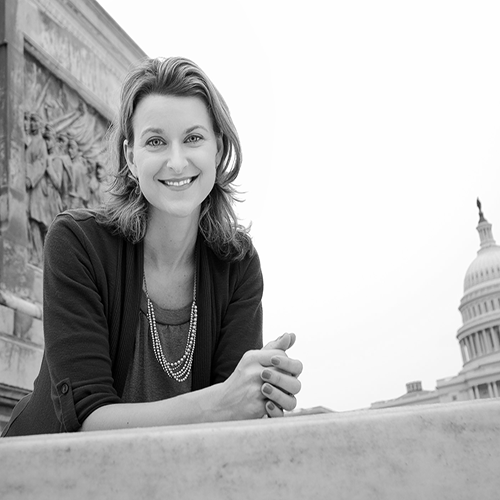
Alicia Kolar Prevost
Project Manager, Democracy Fund Voter Study Group

Andrew Seligsohn
then President, Campus Compact
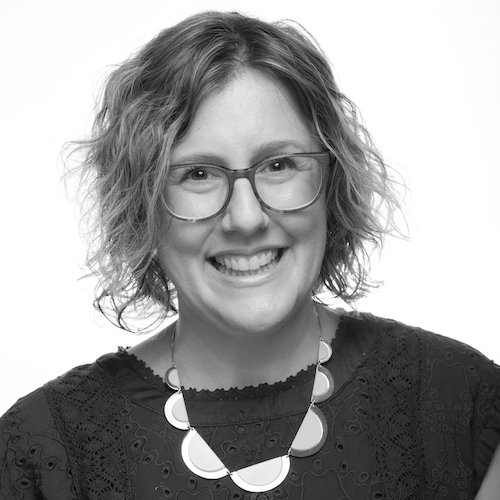
Jen Domagal-Goldman
then Director, American Democracy Project, AASCU

David Paris
Executive Editor, Change: The Magazine of Higher Learning

Kevin Kruger
President, NASPA

Kjerstin Thorson
Assistant Professor, Department of Advertising & Public Relations, Michigan State University
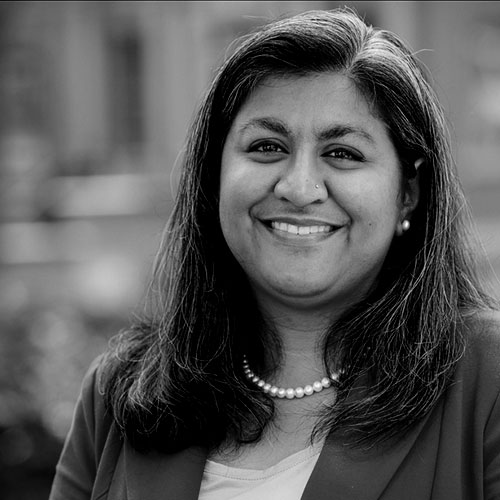
Mamta Accapadi
then Vice President of Student Affairs, Rollins College
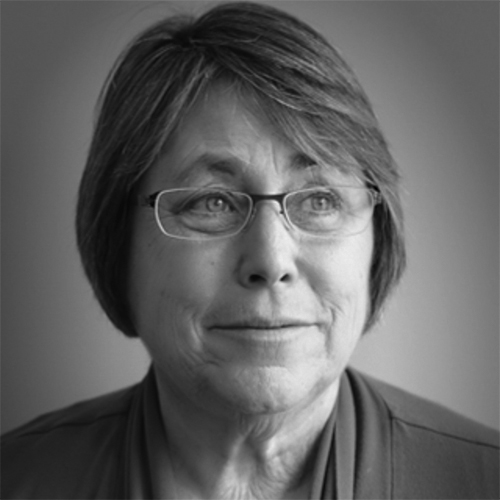
Martha Kanter
Executive Director, College Promise Campaign

Michael Hanmer
Associate Professor, Department of Government and Politics, University of Maryland
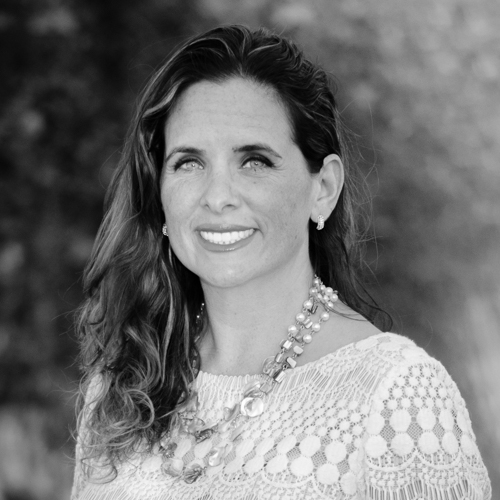
Micki Meyer
Lord Family Assistant Vice President for Student Affairs & Community, Rollins College

Nancy Thomas
Director, Institute for Democracy & Higher Education, Jonathan M. Tisch College of Civic Life, Tufts University

Sharon Hoard
Director of Leadership and Engagement, Division of Student Affairs, North Carolina Agricultural and Technology State University
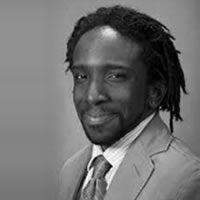
Verdis Robinson
then Director, The Democracy Commitment
Other Advisory Board members have included:
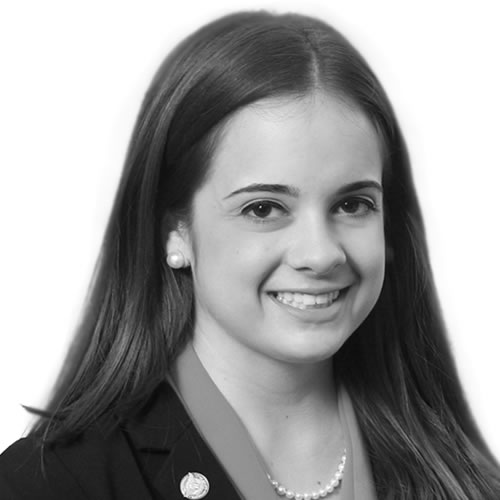
Monica Bustinza
then student,
University of Miami
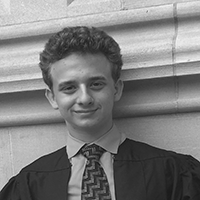
Zachary Intrater
then Student,
Tufts University
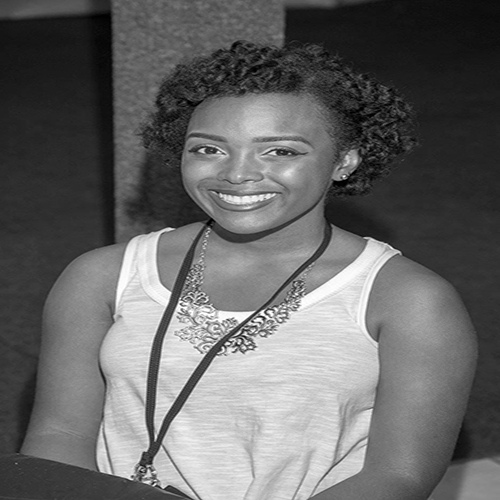
Allison Anderson
then Student,
Rider University
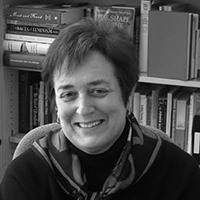
Edie Goldenberg
Professor of Political Science and Public Policy, University of Michigan
The more than 1000 campuses that have joined ALL IN since its launch are committed to making nonpartisan democratic engagement a core value. Together, they are cultivating generations of engaged citizens, who are essential to a healthy democracy.
Our first awards ceremony honoring participating campuses was held on October 19, 2017, at the Newseum in Washington, D.C. There we awarded 208 seals of recognition, 4 awards to individual stakeholders including students, faculty, and administrators, and 31 awards to colleges and universities.

